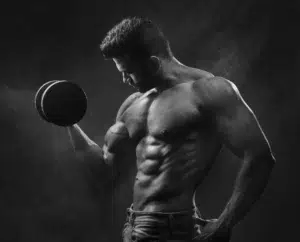
HGH vs. Testosterone: Key Differences, Benefits, and Uses in Hormone Therapy

Understanding the differences between HGH vs. testosterone is important if you’re considering hormone replacement therapies. These two options can impact your health in unique ways.
In this article, we will talk about how these hormones affect everything from muscle mass to body composition and when hormone therapy might be necessary.
By comparing HGH and testosterone, you’ll get a clearer idea of which treatment could help improve your overall well-being, especially if you’re dealing with symptoms such as low testosterone or growth hormone deficiency.
What Is Human Growth Hormone (HGH)?
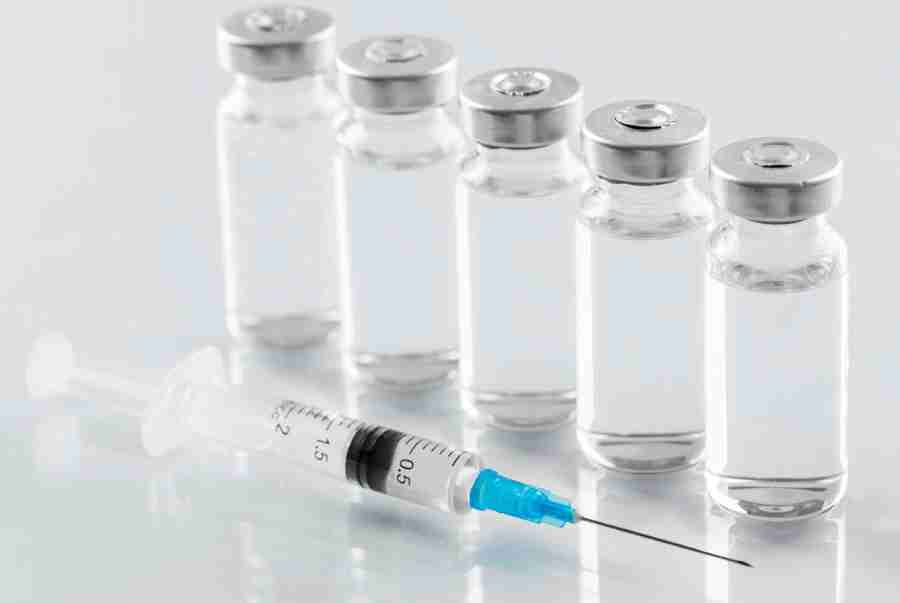
Human growth hormone (HGH) keeps your body running smoothly, especially when it comes to growth, metabolism, and repairing cells.
Produced by the pituitary gland, HGH is a peptide hormone that’s crucial for overall health. In the debate of HGH vs. testosterone, both hormones have unique roles, but let’s learn more about what makes human growth hormone so important.
This growth hormone is responsible for a bunch of important functions in the body. It helps with muscle growth, increases bone density, and manages fat metabolism.
Besides that, it regulates protein synthesis and supports tissue repair. Unfortunately, as we age, HGH levels naturally decline, which leads to decreased muscle volume, lower energy levels, and even changes in body structure.
When HGH levels are balanced, it boosts muscle mass, strengthens bones, and helps you maintain a healthy weight. However, low HGH can cause symptoms such as joint and muscle pain, fatigue, and slower recovery times. This is why many people turn to growth hormone therapy as they get older.
When Is HGH Therapy Needed?
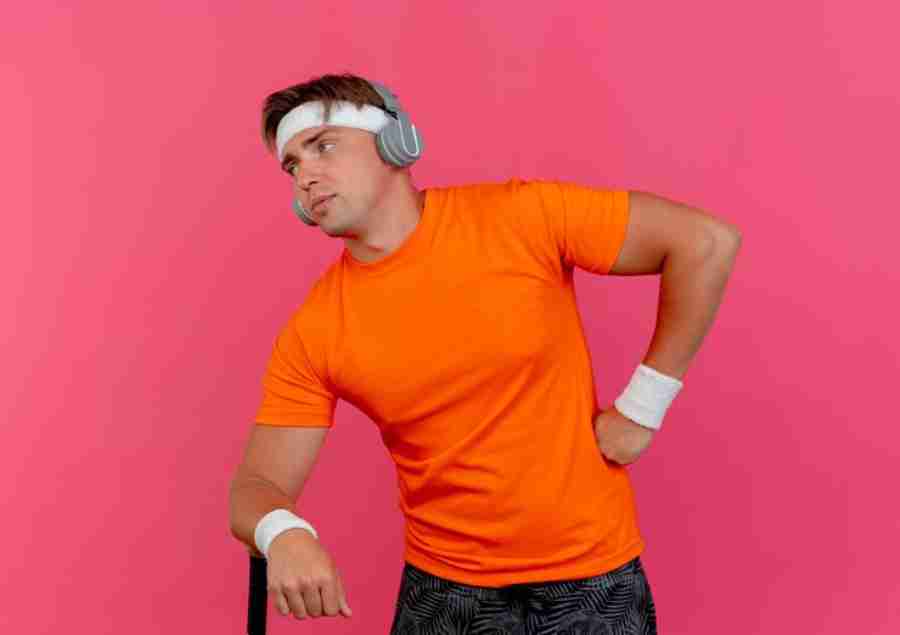
If you’re experiencing issues such as decreased muscle volume, low energy, or mood swings, it could be a sign of growth hormone deficiency.
HGH treatments might be beneficial for those dealing with these symptoms. So, consulting with a healthcare provider can help determine if bioidentical hormone replacement therapy is the right choice for you.
What Is Testosterone?

Testosterone is known as the primary male sex hormone, but it’s also found in smaller amounts in women. It’s important for sexual development, body hair growth, bone density, and muscle mass.
While both HGH and testosterone are important, testosterone is more directly linked to libido and energy levels. Moreover, testosterone supports muscle and bone growth and even fat burning. Also, it affects your mood and is crucial for maintaining a healthy libido.
Unfortunately, testosterone levels naturally drop as we age, which can lead to erectile dysfunction, mood swings, and general fatigue. This decline is common, which is why many people explore testosterone therapy options to manage these changes.
When Is Testosterone Therapy Needed?

If you’re experiencing signs such as decreased muscle volume, low energy, or erectile dysfunction, it could be due to low testosterone.
Common testosterone replacement therapy options include injections, gels, and patches. These options can bring your levels back up. So, it’s important to get a proper diagnosis before starting any hormone replacement therapy.
Comparing HGH and Testosterone
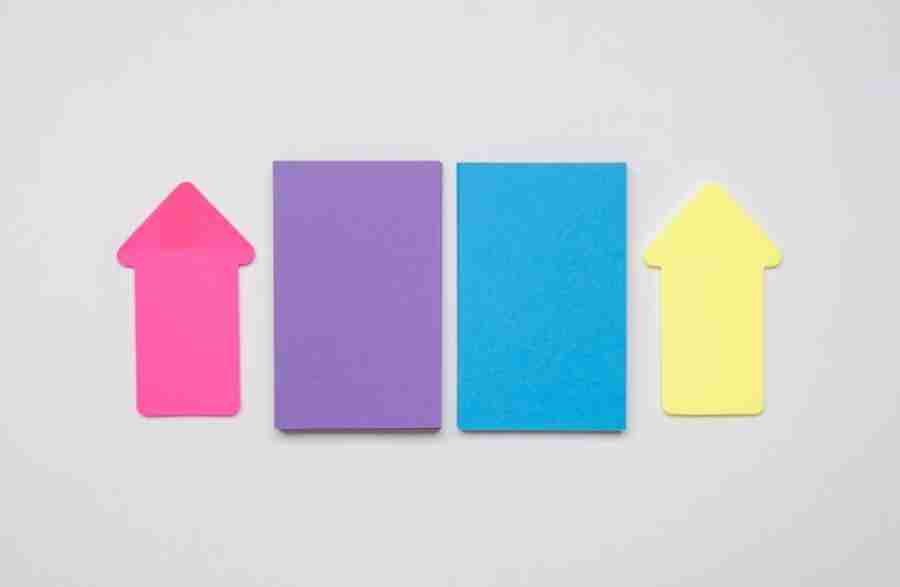
When considering HGH and testosterone, it’s important to understand how these two hormones differ in both function and production. To make things clearer, let’s look at how they compare when it comes to production, muscle growth, metabolism, and more.
Key Differences in Hormone Type and Production
The main difference between HGH and testosterone is their hormone type. Human growth hormone is a peptide hormone produced in the pituitary gland, while testosterone is a steroid hormone made primarily in the testes for men and ovaries for women.
Both are vital for different aspects of your health, but they have unique ways of working in the body.
Effects on Muscle Mass and Bone Growth
When it comes to muscle mass and bone development, a good HGH cycle works indirectly by boosting levels of IGF-1 (Insulin-like Growth Factor 1), which supports these processes.
On the other hand, testosterone directly influences muscle and bone strength, so it is essential for maintaining a healthy body composition. This is why people with low testosterone levels consider this treatment.
Impact on Metabolism and Fat Distribution

Both HGH and testosterone play roles in fat metabolism, but they do it differently. HGH helps break down triglycerides, which contribute to better fat usage.
Testosterone influences where fat is stored and how your body burns it. This makes both hormones important in managing overall metabolism and body fat.
Differences in Sexual Function and Libido
Here’s where testosterone really stands out. It’s key for libido, erectile function, and reproductive health. While there are many HGH benefits, this hormone doesn’t have a direct effect on sexual function, so testosterone replacement therapy is usually the go-to option for those experiencing low libido or related issues.
Therapeutic Uses and Benefits
HGH therapy is commonly used to treat growth hormone deficiency, improve muscle mass, and address age-related issues. On the flip side, testosterone replacement therapies are primarily aimed at boosting testosterone levels and energy and improving body composition.
Quality HGH Products for Your Needs
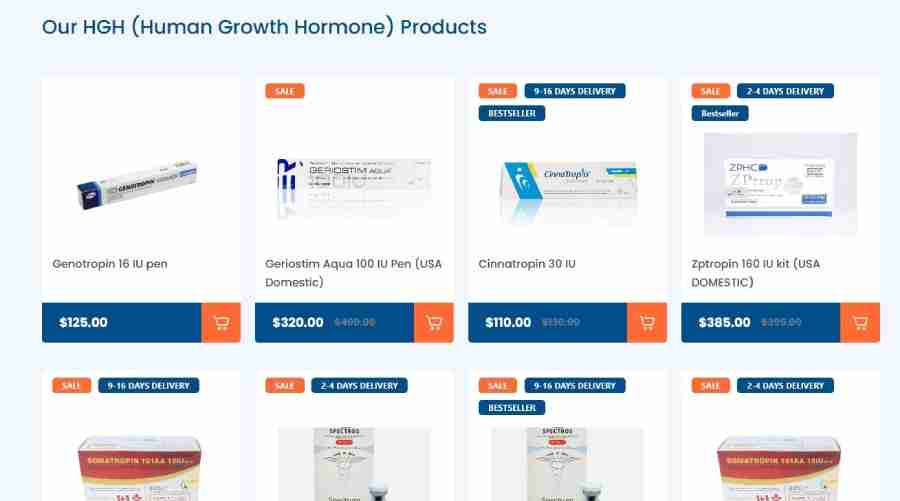
If you’re considering human growth hormone therapy, it’s essential to choose products that deliver effective results. At ECBT, we offer many HGH injections to support your goals, whether you’re focusing on fat loss or overall well-being, and you can buy human growth hormone directly from our site.
Some popular options include Zptropin 160 IU kits for those looking for effective and reliable results and Cinnatropin 30 IU, known for its consistent performance. We also carry Somatropin 191aa kits and Spectros 140 IU kit, both trusted by those looking to improve their growth hormone levels.
These HGH injections are safe and easy to use. But keep in mind that it’s always best to consult a healthcare provider before starting any hormone replacement therapy. If you’re ready to take the next step, check out our product lineup for high-quality options that suit your needs.
Key Takeaway

Both human growth hormone and testosterone play essential roles in how our bodies work. Whether you’re considering HGH therapy or want to boost your testosterone levels, it’s important to know what your body truly needs.
If you’re dealing with low testosterone or looking into growth hormone therapy, working with a healthcare provider is a smart first step.
Remember, keeping your hormones balanced is all about understanding your unique health situation and finding the right approach for you. Taking care of your hormone health goes a long way toward feeling your best overall.
Frequently Asked Questions
Is It Better to Take Testosterone or HGH?
It really depends on what your body needs. If your testosterone levels are low, treatment can boost energy, mood, and muscle mass while also helping with fat loss.
On the other hand, HGH therapy is more suited for issues related to aging, such as growth hormone deficiency and slowing metabolism, which can help reduce stubborn body fat.
Can I Take HGH and Testosterone Therapy at the Same Time?
Yes, some people do combine HGH treatment and testosterone therapy, especially when they have deficiencies in both hormones. Together, they can improve muscle volume and energy and even help with body fat reduction. But always consult with your doctor first to ensure it’s safe and right for you.
How Long Does It Take to See Results from HGH or Testosterone Therapy?
Results can vary, but generally, people start noticing improvements within a few weeks to several months. With testosterone therapy, you might see better energy, mood, and fat loss quickly, while HGH therapy often shows gradual changes in body structure and fat reduction.
Are There Any Lifestyle Changes I Should Make While on Hormone Therapy?
Absolutely! To get the most out of HGH or testosterone therapy, focus on eating a balanced diet, exercising regularly, and getting enough sleep. These habits not only boost the effectiveness of your treatment but also help reduce body fat and improve overall health.

